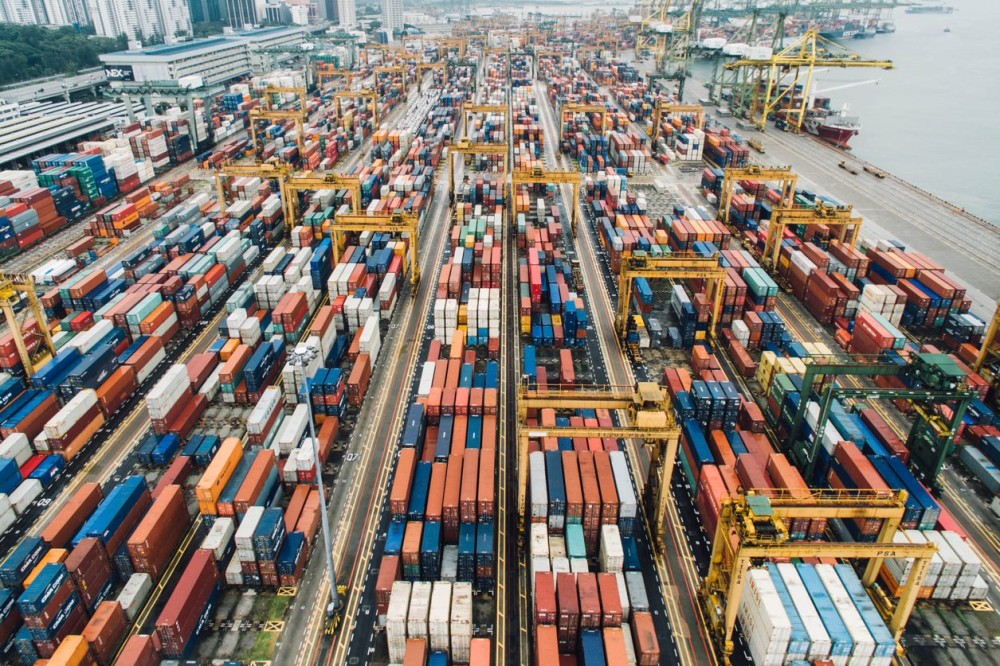The issue of supply chain management has increasingly been prominent across the globe, deeply impacted by Brexit, China-US trade conflict, COVID-19, and the war in Ukraine.
These big issues are just examples of the unprecedented pressures on the global supply chains we are experiencing now, writes our partner, World Economic Forum at: https://rb.gy/dglqbk. Current crises are accelerating a range of developments that all impact supply chain management:
- Significant geographical shifts in supply and demand that create problems for finely-tuned processes;
- The economic and business environment becoming more challenging, e.g., with inflation and fluctuating exchange rates now prominent in many countries;
- The environmental impact of logistics and supply chains becoming an increased concern.
Subsequently, many Kaizen Institute clients are requesting feedback and recommendations on how to handle supply chain challenges in such a complex world. In response, we continue to refer to the KAIZEN™ principles and methodologies that helped businesses for many decades to advance, regardless of challenging business situations. One of the enduring, and at the same time counter-intuitive methodologies, is pull-flow thinking, based on the concepts of E2E demand-driven, agile and Lean. It organizes all supply chains in terms of an optimal material flow and an ideal information flow, and also designs safeguards to fight crisis & instability. We call this “Just-In-Time with Just-In-Case” and it makes the supply chain Lean and resilient at the same time.
To achieve flow, the emphasis must be on eliminating waste (inefficiencies). The term ‘pull’ means that the material flow should be pulled and initiated by actual customer consumption and customer orders. This principle of pull-and-flow continuously pursuits the ideal of producing single units flowing continuously through the process, rather than processing batches. Pull-flow processing requires a mind-set change as well as a change of the workplace itself. The term “Just-In-Case refers to some policies to protect the Supply Chain based on Capacity, Inventory and Supplier Buffers strategically in place to make it more Resilient.
To solve your supply chain problems you have to discover the power of KAIZEN™. Based on almost four decades of implementing the authentic (and continuously improving) KAIZEN™ Business System worldwide, Kaizen Institute is convinced that the best way to demonstrate the value of the system is through a GEMBAKAIZEN™ workshop and the most important is doing a strategic end-to-end value chain mapping exercise. To learn more and to get started, please contact our local experts in your country.
